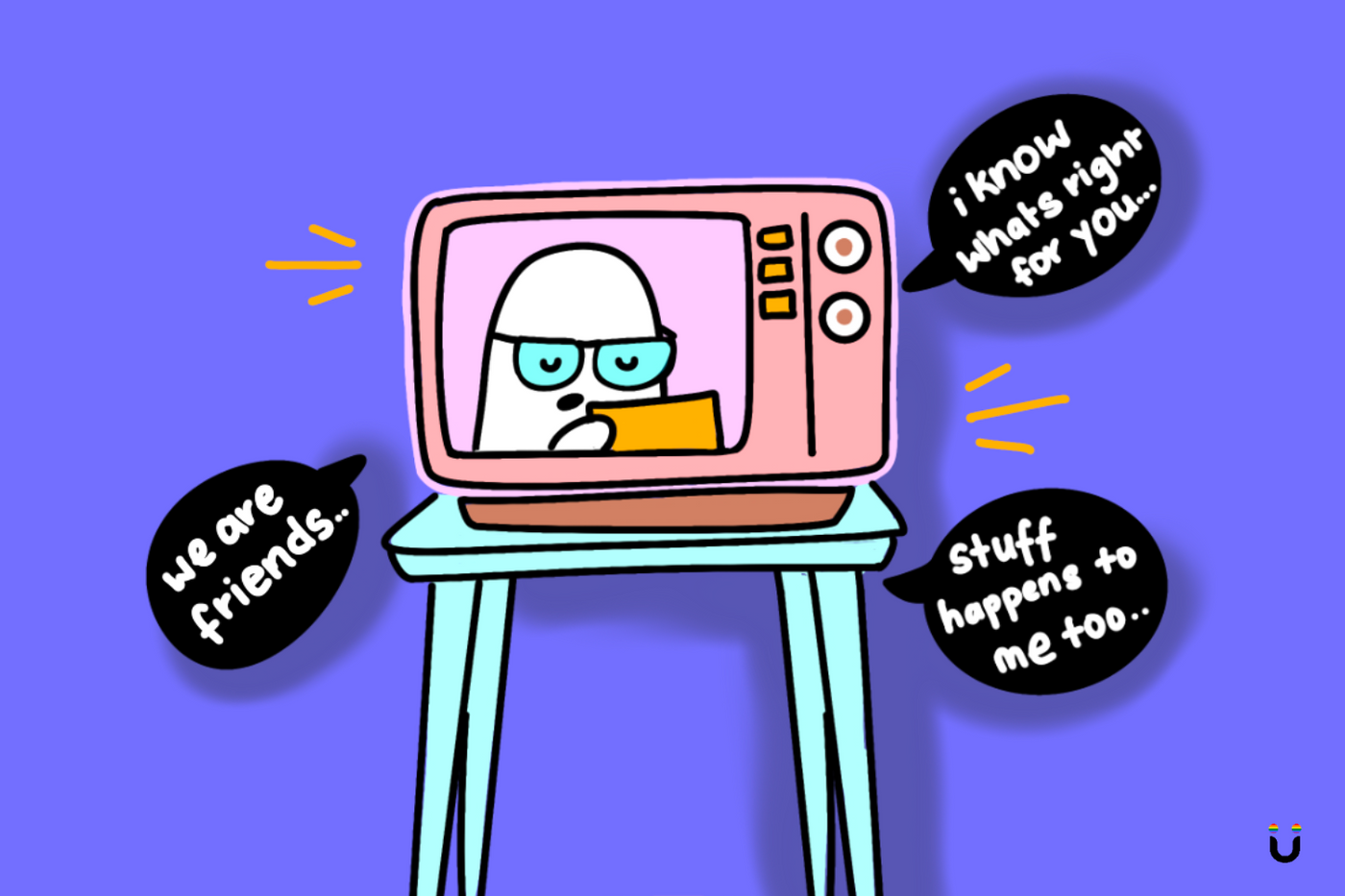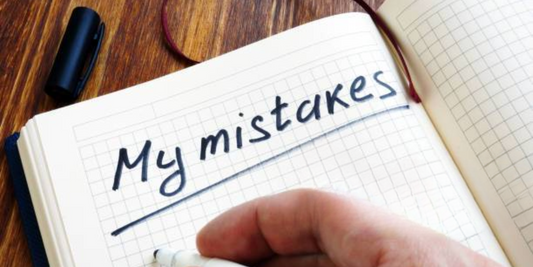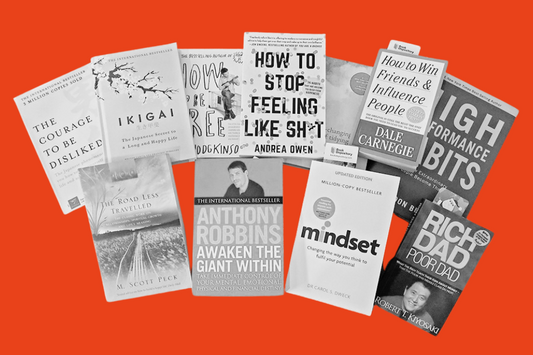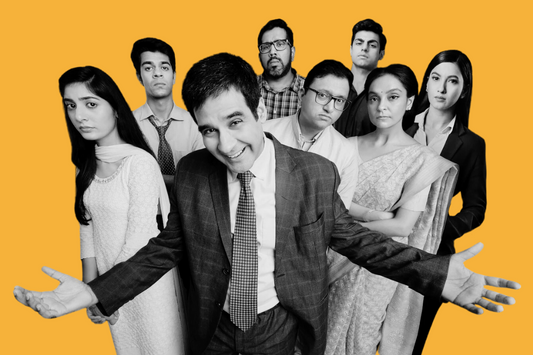Our careers have always formed some part of our identity.
In fact, we often introduce ourselves to new people telling them what we do (“I am a psychologist/doctor/financial advisor/artists/teacher/etc.”), and honestly speaking, it’s something I find a lot of joy in - I love engaging with people’s perception of my job. That is after we have gone through the checklist of what a psychologist is not, i.e. a psychic, a mind reader, a judge, or an absolver.
Often, people get antsy around me to the point where they (rather defensively) hurl statements that cover the full spectrum of “don't psychoanalyse me” to a more docile “what do you think my problems are?”, and more often than not, I’ve found myself being cornered in a huddle, pressed for quick fixes to their big emotional issues.
It reminds me of the time I wrote about the human side of professionalism highlighting the fact that careers are one aspect of who you are; and not your entire persona. Yes, I may have occasionally engaged with people, but mostly, I end up playing career dodgeball to avoid the panicked look in people’s eyes at a social gathering.
I’ve often wondered how people came to stereotype psychologists and what the unsaid perceptions of my unfortunate career choice could be. To my luck, there have been quite a few shows in the recent past where a main character plays a psychologist.
I saw The Patient a few days ago, which is a thriller about a serial killer who kidnaps his therapist. Long story short, it’s got the wildest storyline. You know how when you start therapy and you hope things would hurry along cause you want to reach the grand revelation, but also there’s a lot happening in each session?
The Patient is a similarly slow-moving show which makes the build up even more nerve-wracking. The plot is further driven by superb acting from a spectacular cast - Steve Carell, Domhnall Gleeson and Linda Emonds. To be fair, the show’s focus is more on Alan escaping his client/captor than about him as a professional psychologist. However, I can still appreciate him as a professional in the show. Especially, the correct portrayal of a therapist where he maintains boundaries, invokes thought and challenges client reservations. Yes, there is (an obviously) dramatised storyline about psychoanalysing the client before he strikes again, but it definitely made me reflect on the pressures of not making enough headway as fast as expected, a staple in one’s therapeutic journey. Another thing I really liked about the show was how the inner world and outer world all came together - especially the scene where even though Alan has all his demons slowly surfacing during his moment of panic, he still maintains a calm exterior because he’s trying his best to explore his client’s thoughts and compulsions.
This is a nice break from the therapist stereotypes that all psychologists have perfect lives, and a smooth reality check (for most of us) that Alan has his own dysfunctions, even though he is a great psychologist. I think my only problem with the show was how they stereotyped serial killers as people who have mommy/daddy issues, justifying their desire to kill. Sure, I know it's not a huge stretch, but there is definitely some embellishing on the age-old stereotyping.
Shrinking is another popular show that I watched recently. It is a comedy drama about a therapist Jimmy (Jason Segel) who is dealing with the loss of his wife in unhealthy ways; while also practising as a psychologist. While the characters in this show may be enduring, they’re also really problematic, but we can give it some leeway in the name of comedy. The three psychologists (with extremely different personalities) work through their dysfunction as well as their professional life. The diversity of characters is commendable.
The main character is as problematic as he is, but you can’t help but feel bad for him. His intentions seem pure but his execution is definitely chaotic. It reminds me of the main character and his struggles on Ramy. Yes, Shrinking may have multiple speed bumps when it comes to correctly portraying psychologists, so one should not think of this as the norm. In fact, every character blurs the lines of professionalism and ethics of the field in so many ways as the show progresses - not maintaining confidentiality, moving clients in your house, judging their decisions, screaming at them, etc.
But then again, it is a show and not real life. How much (or how little) would you really want to know about your therapist while maintaining the professionalism of the space? Would I be comfortable knowing so much of my therapist’s baggage … maybe not. But that doesn’t take away from knowing that they are humans with lives, opinions, thoughts, dysfunctions, dreams, hopes, and ideas that go far beyond their profession.
That’s half the battle won, tv tropes notwithstanding.
What are some therapist stereotypes that you know?





